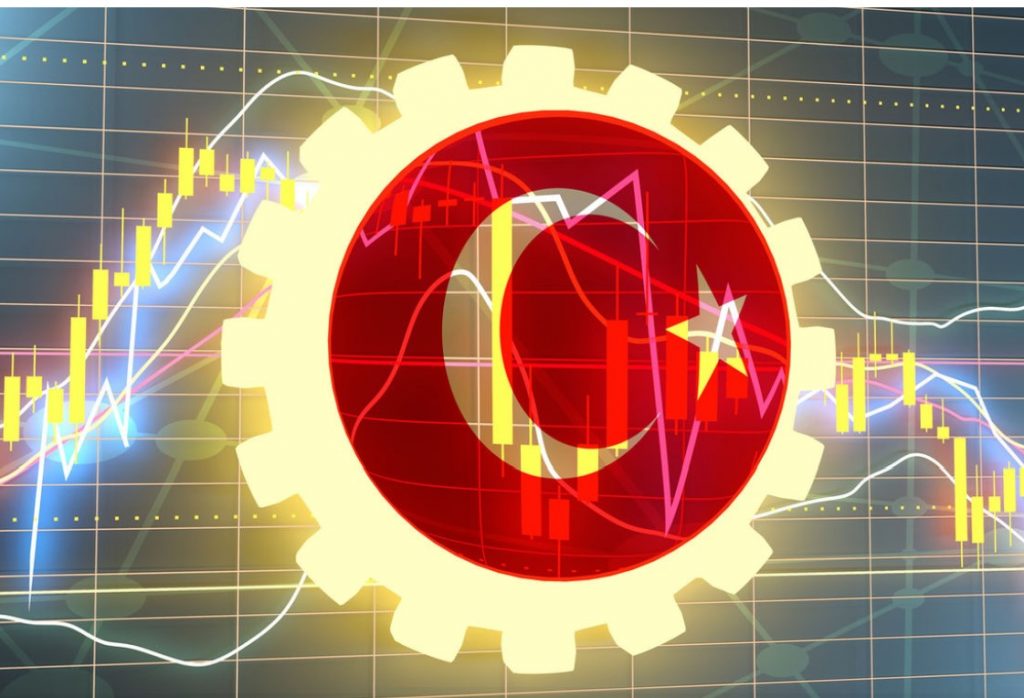Türkiye’s inflation eased slightly more than expected in February, official data showed Friday, but prices continue to rise on a monthly basis, driven by higher prices of food and services.
The annual consumer price index (CPI) dropped to 55.18% last month, the Turkish Statistical Institute (TurkStat) said.
It is compared to 57.7% in January and is down from the peak of 85.5% – a 24-year high – registered last October.
Surveys expected the annual February reading to come in at around 55.5%.
Month-over-month, inflation rose by 3.15%, the data showed, mainly due to higher food prices and price hikes in education and services.
It is compared to market expectations for a 3.4% increase on a monthly basis.
The inflation report comes as the government prepares to ramp up spending to rebuild huge swathes of Türkiye following the massive earthquakes that struck on February 6.
The disaster killed more than 45,000 people and left millions homeless. Business groups and economists have said the quake could cost Türkiye up to $100 billion and shave one to two percentage points off growth this year.
Government officials and economists have also said prices of goods and services, including food and housing, will fall in coming months by far less than previously expected due to disruptions caused by the quakes.
The government has prioritized low-interest rates to boost exports, production, and investment and create new jobs as part of a new economic program. Dubbed the Türkiye Economy Model, the program aims to lower inflation by flipping the country’s chronic current account deficit to a surplus.
Last week, Türkiye’s central bank lowered its policy rate by 50 basis points to 8.5% to support growth after the earthquake and said it would monitor the economic impact of the disaster.
The median estimate for inflation at year-end stood at 45% in the Reuters poll, with forecasts coming in between 34% and 51.7%. The median in a survey conducted before the earthquakes in January stood at 41% for the end of 2023.
Before the earthquakes, inflation had been expected to keep falling to around 35-40% by June. However, it is now seen to remain above 40%, heading into presidential and parliamentary elections, scheduled for May 14.
dailysabah.com
